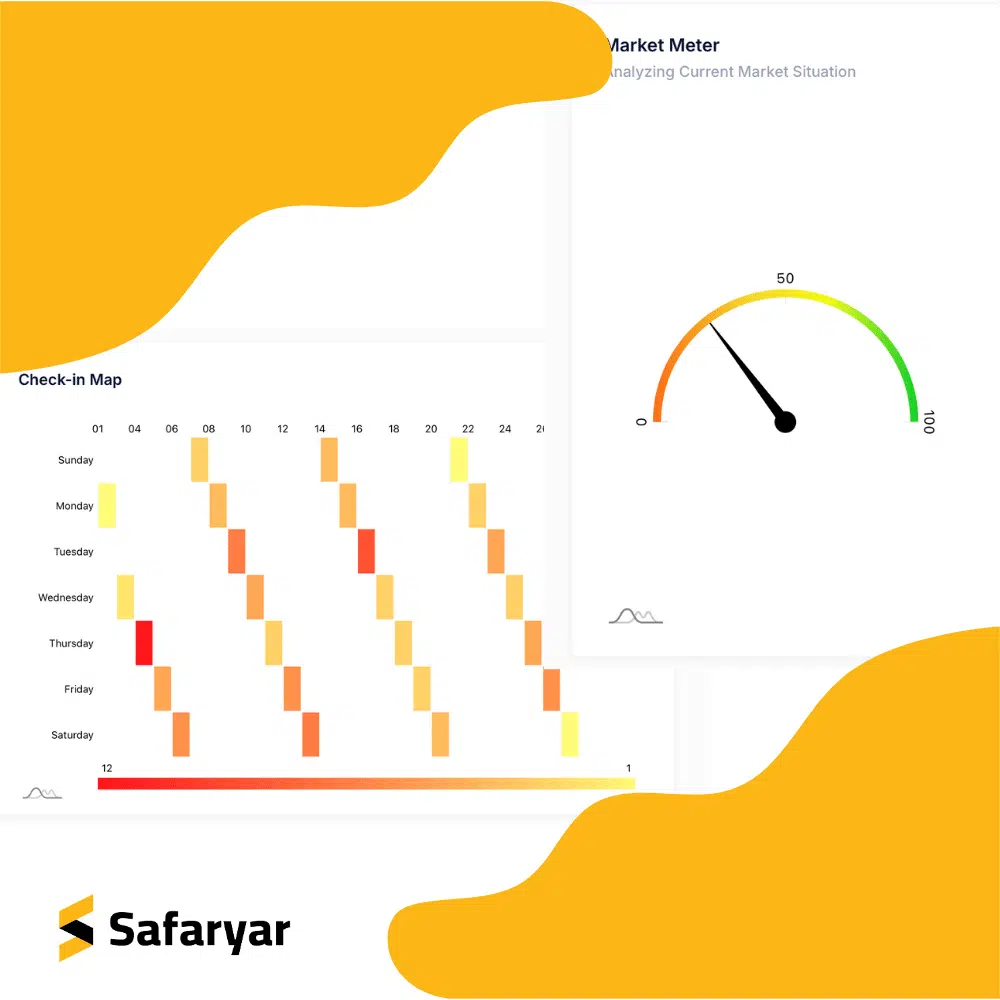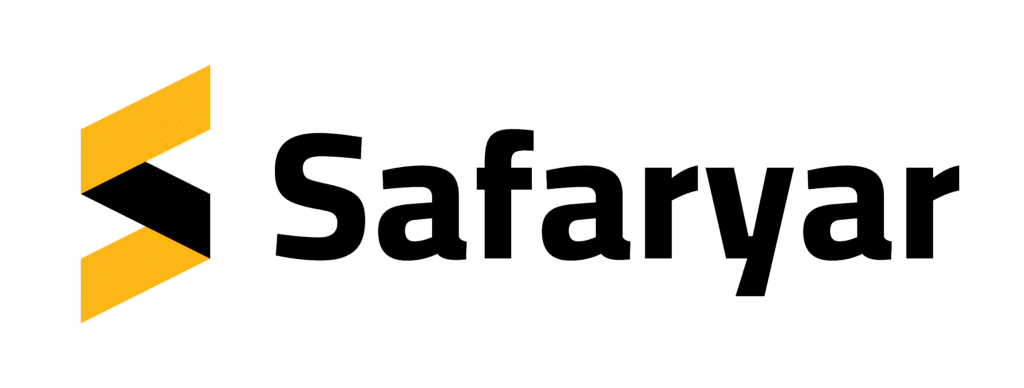The hospitality industry is not just about leisure and vacation travelers. A significant portion of hotel revenue comes from business travelers. These guests often book during weekdays and require different services compared to leisure travelers. Business travel hotels need to cater to these unique needs to secure a steady stream of corporate clients.
Table of Contents
The Role of Business Travelers
Business travelers play a critical role in the hospitality sector. Unlike leisure travelers, they often have specific schedules and requirements. Their stays are usually shorter but more frequent, necessitating efficient check-in and check-out processes. Understanding their patterns can help hotels develop services that cater specifically to their needs, such as express laundry, late check-out options, and quiet workspaces.
Differentiating Services for Business vs. Leisure Travelers
Hotels need to clearly differentiate their offerings for business travelers compared to leisure guests. Business guests prioritize convenience and functionality over luxury amenities. Providing services like high-speed internet, meeting rooms, and easy transportation to business districts can enhance their stay. By tailoring these services, hotels can effectively meet the expectations of business clients.
Understanding Corporate Client Needs
To truly excel in the B2B market, hotels must understand the needs of corporate clients. This involves recognizing the importance of confidentiality, reliability, and professionalism. Offering services that ensure these elements are crucial. Hotels should also consider providing customized billing solutions and flexible cancellation policies to accommodate the dynamic nature of business travel.
What Are B2B Travel Services?
B2B travel services involve providing specialized offerings to businesses. This can include arranging accommodations, organizing conferences, and managing corporate travel accounts. B2B travel services are essential for hotels aiming to attract corporate clients, as they offer tailored solutions that meet the specific needs of business travelers.

Specialized Corporate Accommodations
Providing specialized accommodations for corporate clients can greatly enhance a hotel’s appeal. This might include offering dedicated floors or sections of the b2b hotel that prioritize quietness and business-friendly amenities. Additionally, providing access to exclusive lounges or executive suites can add value to a corporate client’s stay.
Conference and Event Management
Organizing conferences and events is a significant part of B2B travel services. Hotels can offer comprehensive packages that include event planning, catering, and technical support. By providing seamless event management services, hotels can attract large corporate events, which can lead to substantial bookings and increased visibility among business networks.
Corporate Travel Account Management
Managing corporate travel accounts is an essential service for B2B clients. This involves handling bookings, customizing itineraries, and providing detailed billing reports. By offering dedicated account managers, hotels can ensure that corporate clients receive personalized service and attention, which can lead to increased client satisfaction and loyalty.
Key Strategies for Maximizing B2B Opportunities
1. Develop Corporate Packages
Creating tailored corporate packages is a great way to attract business travelers. These packages might include discounted room rates for long-term stays, complimentary meeting rooms, or special amenities like high-speed internet and business center access. By offering comprehensive packages, hotels can appeal to businesses looking for a one-stop solution for their travel needs.
Long-Term Stay Discounts
Offering discounted rates for long-term stays can be highly appealing to businesses. Companies often have employees who need to stay in a location for extended periods for projects or training. By providing attractive long-term rates, hotels can secure bookings for weeks or even months, ensuring consistent revenue.
Complimentary Services and Amenities
Including complimentary services such as meeting room access, breakfast, or airport transfers can make a corporate package more attractive. These added values can reduce a company’s overall travel expenditure, making your hotel a preferred choice for corporate bookings.
Personalized Corporate Packages
Developing personalized packages for corporate clients based on their specific needs can set a hotel apart from its competitors. This might include customized room setups, access to exclusive facilities, or tailored billing options. Understanding and delivering on these unique requirements can build strong, long-lasting relationships with corporate clients.
2. Build Strong Partnerships
Building strong relationships with corporate clients is crucial. This means understanding their needs and offering flexible solutions. Regular communication and personalized service can go a long way in building trust and securing repeat business. Additionally, hotels should consider partnerships with travel agencies and corporate travel managers to expand their reach.
Understanding Client Needs
To build strong partnerships, it’s essential to have a deep understanding of what corporate clients need. This involves regular engagement and feedback sessions to refine service offerings. By demonstrating a proactive approach to meeting their needs, hotels can establish themselves as reliable partners.
Flexible and Adaptable Solutions
Flexibility in service delivery is key to maintaining corporate partnerships. Whether it’s last-minute changes to bookings or accommodating special requests, being adaptable enhances client satisfaction. This flexibility should extend to billing and cancellation policies, which are often crucial for business clients who may face sudden schedule changes.
Collaborating with Travel Agencies
Partnering with travel agencies and corporate travel managers can significantly broaden a hotel’s reach. These partnerships can lead to more direct bookings and help hotels tap into a network of corporate clients who prefer working through intermediaries. Offering competitive commissions and streamlined booking processes can make a hotel more attractive to these partners.
3. Offer Seamless Booking Solutions
In today’s digital age, offering a seamless booking experience is essential. Business travelers and corporate managers value efficiency and convenience. Implementing an easy-to-use online booking system that allows for quick reservations and modifications can significantly enhance the customer experience.
Streamlined Online Booking Platforms
A streamlined online booking platform is essential for attracting business travelers. This platform should allow users to easily search for availability, compare rates, and make reservations. Incorporating features like saved preferences and one-click booking can further enhance user experience and encourage more frequent bookings.
Mobile Accessibility
Ensuring that booking solutions are mobile-friendly is crucial, as many business travelers rely on their smartphones to manage their itineraries. A responsive, mobile-optimized website or app that allows for quick bookings and modifications can significantly improve customer satisfaction and drive bookings.
Integration with Corporate Travel Systems
Integrating booking solutions with corporate travel management systems can simplify the process for corporate clients. This integration allows for easy tracking of travel expenses, automated reporting, and streamlined communication between the hotel and the client’s travel department. Offering such integration can make a hotel more attractive to corporate clients.
4. Focus on Customer Experience
Providing excellent customer service is fundamental in the hospitality industry. For business travelers, this means offering services that cater to their specific needs. Whether it’s a quick check-in process, late-night room service, or reliable transportation, these small details can make a significant difference in client satisfaction.
Efficient Check-In and Check-Out Processes
For business travelers, time is of the essence. Ensuring that check-in and check-out processes are swift and hassle-free can significantly enhance their experience. Offering options like online check-in, keyless entry, and express check-out can save valuable time and improve overall satisfaction.
Tailored In-Room Amenities
Providing in-room amenities that cater to business travelers can improve their stay experience. Features like ergonomic workspaces, high-speed internet, and smart connectivity options are highly valued. By offering these amenities, hotels can position themselves as ideal choices for business stays.
Reliable Transportation Services
Business travelers often require reliable transportation options. Offering shuttle services to key business districts, airports, or conference centers can provide added convenience. Partnering with local transportation providers or offering car rental services can further enhance the travel experience for corporate clients.
Leveraging Technology for B2B Success
Embrace Digital Marketing
Digital marketing is an effective tool for reaching potential B2B clients. Hotels should optimize their online presence through targeted advertising, social media engagement, and search engine optimization (SEO). By focusing on keywords such as “business travel hotels” and “B2B hotel services,” hotels can improve their visibility to corporate clients searching for these services.
Targeted Advertising Campaigns
Creating targeted advertising campaigns can help hotels reach specific B2B audiences. Using platforms like LinkedIn, Google Ads, and industry-specific publications can drive awareness among corporate clients. Tailoring ads to highlight services and packages that cater to business travelers can increase engagement and bookings.
Social Media Engagement
Engaging with corporate clients through social media can enhance a hotel’s reputation and visibility. Platforms like LinkedIn and Twitter are particularly effective for reaching B2B audiences. Sharing content that highlights business-friendly services, client testimonials, and industry insights can position a hotel as a leader in business travel accommodations.
Search Engine Optimization (SEO)
Optimizing a hotel’s website for search engines can improve its visibility to potential corporate clients. Focusing on keywords relevant to business travel and B2B services can drive more organic traffic. Creating content that addresses common business travel concerns or showcases unique offerings can enhance search rankings and attract more clients.
Utilize Data Analytics
Data analytics can provide valuable insights into guest preferences and booking patterns. By analyzing this data, hotels can tailor their offerings to better meet the needs of business travelers. For instance, understanding peak booking times or preferred amenities can help hotels create more attractive packages and marketing campaigns.
Understanding Guest Preferences
Data analytics can reveal a lot about guest preferences. By analyzing past booking data and feedback, hotels can identify trends in what business travelers value most. This information can guide service enhancements and the development of targeted marketing strategies that resonate with business guests.
Analyzing Booking Patterns
Understanding booking patterns is crucial for optimizing occupancy rates and revenue. Data analytics can help hotels identify peak booking periods, preferred room types, and average length of stay for business travelers. This insight allows for better inventory management and promotional planning.
Tailoring Offerings Based on Insights
The insights gained from data analytics can be used to tailor a hotel’s offerings. Whether it’s adjusting room rates, enhancing amenities, or creating targeted promotions, leveraging data can ensure that a hotel meets the evolving needs of business travelers. This personalized approach can lead to increased satisfaction and loyalty among corporate clients.
Implement Advanced Technologies
Incorporating advanced technologies such as mobile check-in, virtual concierge services, and automated room controls can enhance the guest experience. These technologies not only provide convenience but also set a hotel apart from its competitors, making it more appealing to tech-savvy business travelers.
Mobile Check-In and Check-Out
Mobile check-in and check-out options can greatly enhance the convenience for business travelers. These technologies allow guests to bypass the front desk, saving time and reducing physical contact. Implementing these solutions can streamline operations and improve the guest experience.
Virtual Concierge Services
Virtual concierge services provide guests with instant access to information and assistance. Through apps or in-room tablets, guests can make reservations, request services, or get recommendations for local attractions. Offering virtual concierge services can enhance the guest experience and provide a modern, tech-friendly touch.
Automated Room Controls
Automated room controls, such as smart thermostats and lighting, can provide a more personalized and energy-efficient stay experience. Business travelers appreciate the ability to customize their environment easily. Implementing these technologies can differentiate a hotel from competitors and appeal to tech-savvy guests.
Building Long-Term Relationships with Corporate Clients
Provide Consistent Quality
Consistency is key when it comes to building long-term relationships. Ensuring that corporate clients receive the same high-quality service every time they stay will build trust and encourage loyalty. Regularly training staff and maintaining high standards of service can help achieve this consistency.
Staff Training and Development
Ongoing staff training and development are crucial for maintaining service quality. By investing in employee skills and knowledge, hotels can ensure consistent delivery of high-quality service. This commitment to excellence builds trust with corporate clients and enhances the overall guest experience.
Maintaining High Service Standards
High service standards are essential for attracting and retaining corporate clients. Regularly reviewing and updating service protocols can help maintain these standards. By fostering a culture of excellence and attention to detail, hotels can ensure that every guest receives exceptional service.
Building Trust Through Reliability
Reliability is a key factor in building trust with corporate clients. Ensuring that all services are delivered as promised, and promptly addressing any issues, can strengthen client relationships. By demonstrating reliability, hotels can become the preferred choice for corporate bookings.
Offer Loyalty Programs
Loyalty programs are an effective way to retain corporate clients. By offering rewards such as free nights, upgrades, or exclusive services, hotels can incentivize repeat bookings. These programs can be tailored specifically for business travelers, offering perks that appeal to their needs.
Tailoring Rewards for Business Travelers
Designing loyalty programs that specifically cater to business travelers can increase their effectiveness. Offering rewards like complimentary upgrades, free access to business centers, or priority check-in can appeal directly to the needs of corporate clients. These tailored perks can encourage repeat bookings and foster loyalty.
Encouraging Repeat Bookings
Loyalty programs are designed to encourage repeat bookings, and effective communication of these programs is key. Hotels should ensure that corporate clients are aware of the benefits available to them. Regular updates and targeted promotions can keep the program top-of-mind and encourage continued engagement.
Building Long-Term Client Relationships
Loyalty programs are not just about rewards; they’re about building long-term relationships. By consistently delivering value through these programs, hotels can strengthen their connections with corporate clients. This long-term approach can lead to increased bookings and a more stable revenue stream.
Solicit Feedback and Act on It
Listening to client feedback is crucial for continuous improvement. By actively seeking feedback and making necessary changes, hotels can demonstrate their commitment to customer satisfaction. This proactive approach not only improves service but also strengthens the relationship with corporate clients.
Gathering Client Feedback
Actively gathering feedback from corporate clients is essential for understanding their needs and preferences. This can be done through surveys, direct conversations, or feedback forms. By encouraging open communication, hotels can gain valuable insights into areas for improvement.
Implementing Changes Based on Feedback
Feedback is only valuable if it’s acted upon. Implementing changes based on client suggestions demonstrates a hotel’s commitment to service improvement. By addressing concerns and adapting offerings, hotels can enhance client satisfaction and loyalty.
Demonstrating a Commitment to Improvement
A commitment to continuous improvement is key to maintaining strong client relationships. By regularly reviewing feedback and making necessary adjustments, hotels can show that they value their clients’ opinions. This dedication to improvement can strengthen trust and encourage long-term partnerships.
Conclusion
Maximizing B2B opportunities in the hospitality industry requires a strategic approach that focuses on meeting the unique needs of business travelers. By developing tailored corporate packages, leveraging technology, and building strong relationships with corporate clients, hotels can enhance their B2B travel services and drive growth. As the business travel landscape continues to evolve, staying ahead of trends and continuously improving offerings will ensure long-term success in this competitive market.







